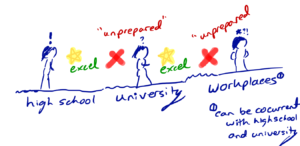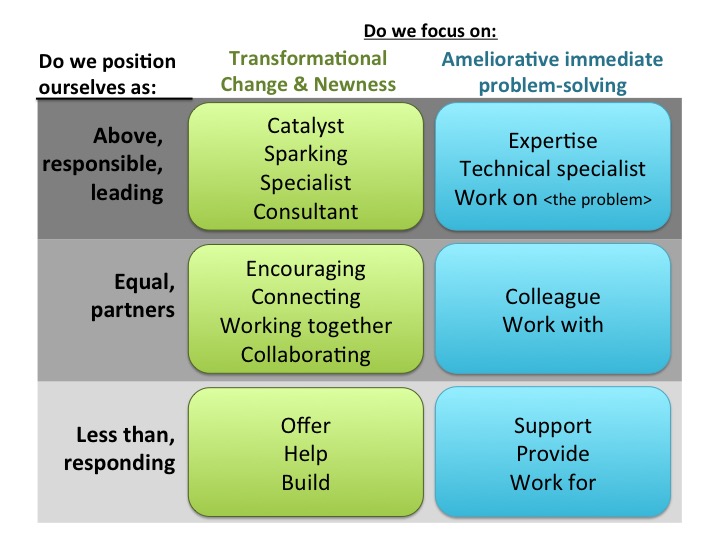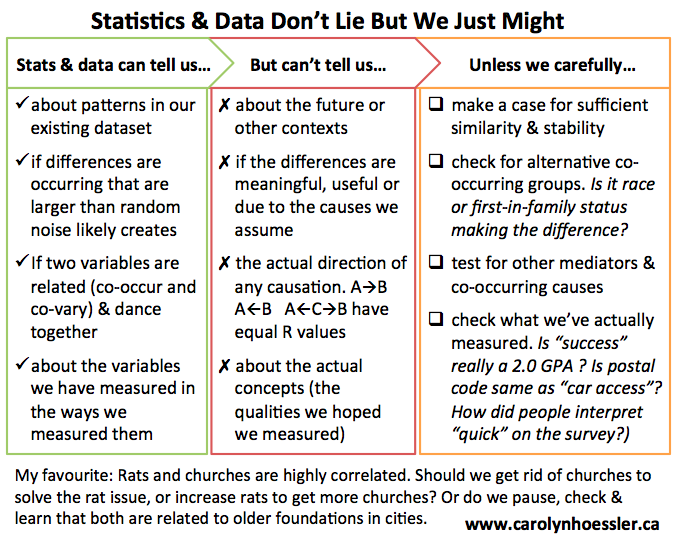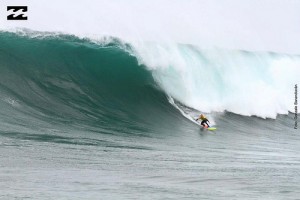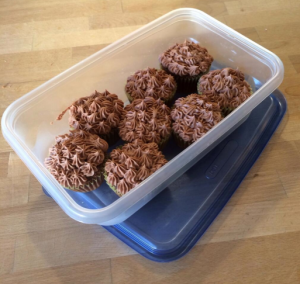The goal for many is to be prepared for careers and get hired.
Yet in an era where top companies no longer require a degree and a degree is not a golden ticket, what does it means to be prepared?
“One of the ingredients in Shopify’s success has been to completely ignore academic credentials in hiring,” Tobi Lütke, Shopify’s CEO said recently on Twitter, in line with other tech companies.
Degrees are no longer exclusive indicators of success and prerequisites for job interviews. Rarely will a company ask to see your transcript and few will care if you graduated fifth or fiftieth. Even for graduate school, standardized tests and references carry much of the weight in addition to degrees.
Yet there are things that both job seekers and educators can do.
Job Seekers:
1) Stating naming what you can do and have learned: mine the outcomes of your program. Increasingly, programs have program outcomes as well as the course outcomes listed on syllabi. Consider what you have practiced, shown you can do, and gotten better at from your summer jobs, hobbies, volunteer work, and family contributions.
2) Create networks – Connect with classmates, faculty, speakers, parents, and friends. Find out more about the many ways you can work in this world, and learn what a day looks like then try it out as a volunteer or part-time job.
3) Talk about your skills in context: connect experiences to what you can do and what makes you a good fit.
Universities and colleges:
- Show examples of the skills in context. Even writing a paper is about persuasion, communication, synthesis, and research. It is about learning the language of a group and working from there.
- Embed career readiness into courses and programs including training in principles of teamwork, strengths, and conflict resolution.
- Show examples of the skills in context.
- Create and share meaningful relevant program outcomes that identify for students what learning they have gained.
- Assess and recognize competencies through competency-based education
- Provide the scaffold and expectation for developing a portfolio where students can collect, name, and showcase evidence of their learning.
Finally, it is time to end the debate of education for career or life or society. Communication, interpersonal skills, creativity, and teamwork matter just as much on the soccer field, the neighborhood fundraiser, in research teams, and on the job
